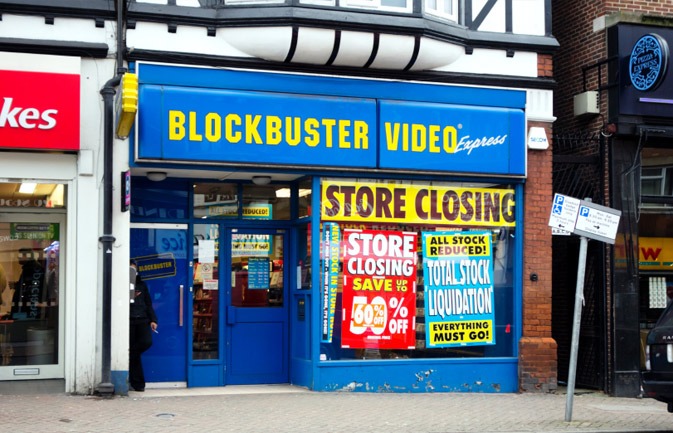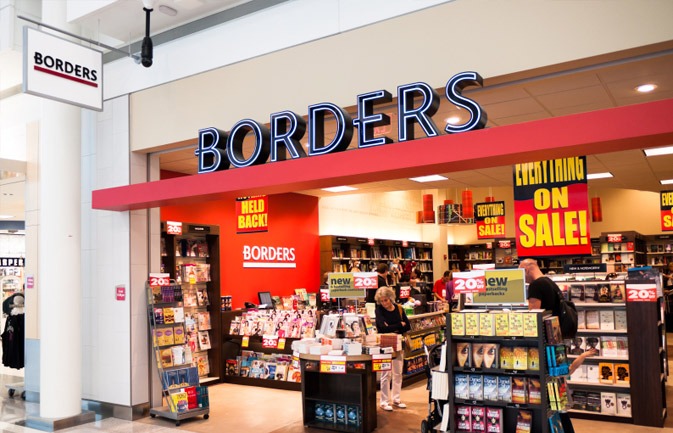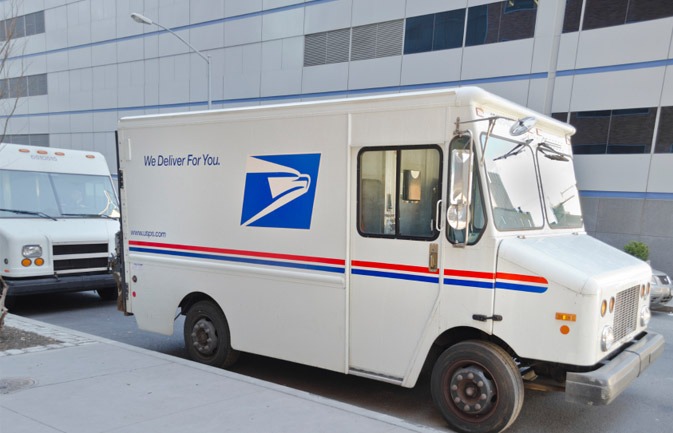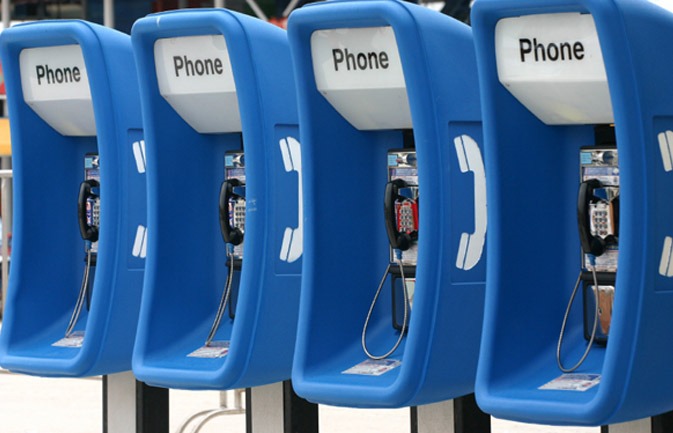6 Business Models Killed By the Internet
Recently, Dish Network Corporation announced that Blockbuster will be ending its DVD rental service and closing all of its remaining stores. Come January 2014, the once prominent chain of video stores will be a faint memory, thanks to online video services. Blockbuster isn’t the first business to be taken down by new technology and it won't be the last. Here are six prominent business models that are already or soon will be completely gone, thanks to the Internet.

Blockbuster and Video Stores
Blockbuster’s demise has loomed over the outdated business for about ten years. Netflix started to make strides with its mail rental system in the early 2000s, but Blockbuster passed on the opportunity to buy the competitor for $50 million, according to Variety. About a decade later, Netflix is valued at $19.7 billion, and former Blockbuster executives can rest easy knowing it’s nearly impossible that they’ll ever make a mistake that severe again. It wasn’t the mailing service that took Blockbuster out of business, though. It was Netflix’s video streaming service, which offers customers a wide selection of movies and shows to watch instantly. Other brands like Amazon, Hulu and even HBO followed suit, leaving no need for consumers to take that long trip to the video store, find out the new release they want is out of stock and rent “Armageddon” for the tenth time.
More: 10 Outdated Gadgets You Can Still Buy Today

Borders Books and Bookstores
Borders Books closed its doors in 2011 after a decade-long battle with online competitors Amazon and Barnes & Noble. A store like Borders doesn’t have a place in the modern retail sphere when everything you can buy there -- books music, and movies -- has moved to digital downloads. The real death blow was when Amazon introduce the Kindle, an eReader that gave readers the convenience of holding a seemingly endless number of books in one ultra-portable device. You could also download any title you wanted in about 60 seconds. Borders competitor Barnes and Nobile has clung to life with its own eReader, the Nook, but Amazon is still leading the eReader market.
More: Tech Tantrums: 6 Things Parents Need to Know

Record Stores
Listing all the specific record stores that have gone out of business would take too long. The reason for their demise is a simple one; downloading songs online (pirated or legal) is just easier—and you don’t have to don a pair of dirty headphones hundreds of other people have worn to figure out if buying that album is worth it. There is something to be said about the vibe of records stores, but I’m only 24 and base most of that idea on the movie “Empire Records.” The truth is that record stores would be in trouble even without the advances of the Internet. Megastores like Wal-Mart have been pulling sales away from dedicated record stores for a long time, and the web delivered the final blow. iTunes and other legal means of downloading music -- coupled with piracy -- torpedoed record stores a long time ago, and they’re not coming back.
More: 12 Gadgets Ahead of Their Time
Sign up to receive The Snapshot, a free special dispatch from Laptop Mag, in your inbox.

Travel Agencies
Who needs a travel agent when you have William Shatner? Seriously, it’s hard to think of a time when travelers couldn’t book their own flights and hotel rooms, and conduct research on destinations they’re traveling to own their own. Let’s say you want to take a trip to New York City; you can book your flight and make hotel reservations with ease—without a middle man. Then you look up tourist activities in the city, or get advice from Yelp and other apps on lesser known spots to check out. It doesn’t make sense to go through an agency.
More: Game Changer Awards - The Most innovative Tech of 2013

The U.S. Post Office
Not quite federal, not quite private; post offices are having trouble staying afloat these days. With services like FedEx and UPS that make shipments easier, it’s hard for the post office to stay relevant. If you’re in your twenties, odds are that you haven’t bought stamps in your lifetime. The post office hasn’t gone under, yet, but the odds of it happening have never been higher. The problem is that crucial services, like keeping track of where people live, is done by the post office. Otherwise, there’s really no reason for the post office to still exist. Even postcards and greeting cards have gone digital, and you can send them right from your phone using a wide range of apps.
More: Amazon Kindle Fire HDX vs. Google Nexus 7: Which Tablet Is Better?

Payphones
Remember what it was like before everyone had cell phones? Me neither. Luckily we have films and television to give us a glimpse into the past. People used pay phones to keep in touch when they were out of the house. You can still find payphones across the country, and as a New Yorker I can say confidently that they look disgusting. As of 2012, the U.S. had 305,000 working payphones, as noted in our piece on obsolete technologies still in use, but it’s not much of a leap to say that the business model of collecting change to let people have conversations is mostly dead. Odds are you won’t see new payphones popping up, and that’s fine.
More: 12 Obsolete Technologies Americans Still Use
